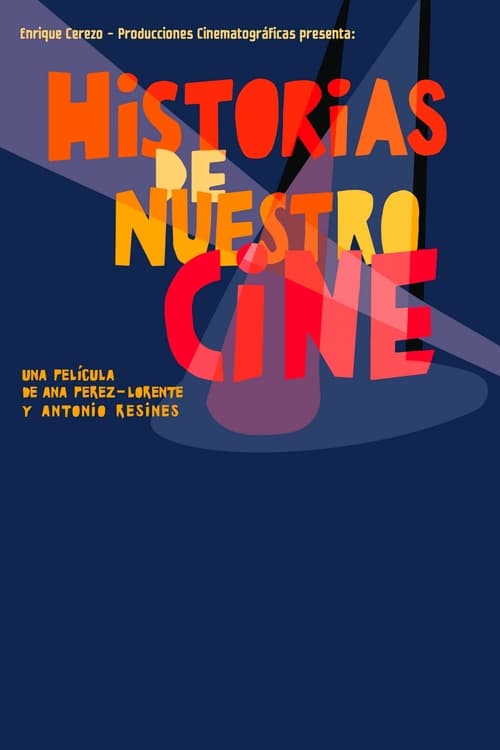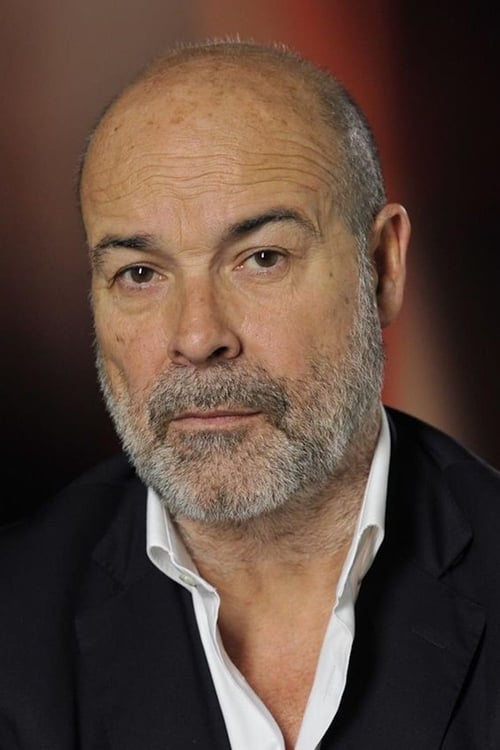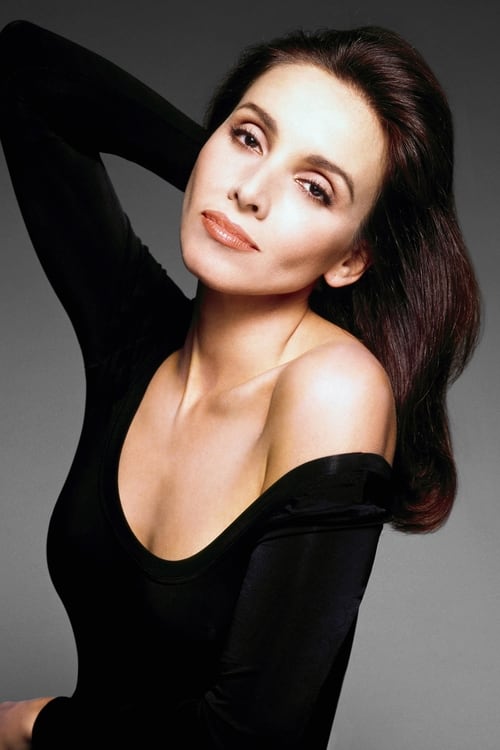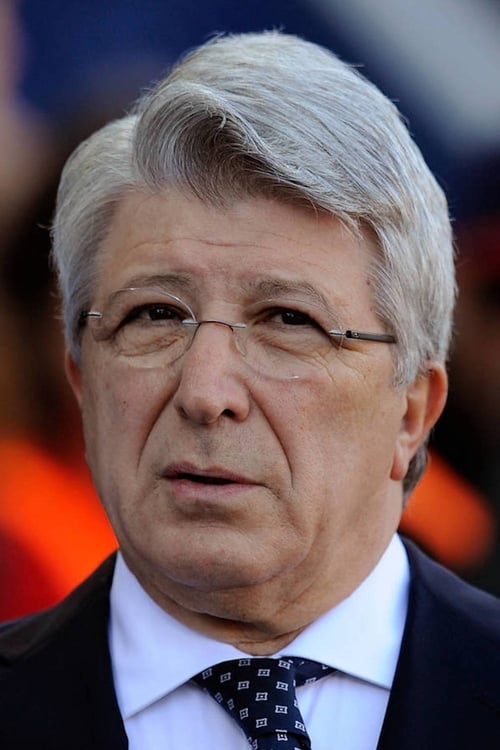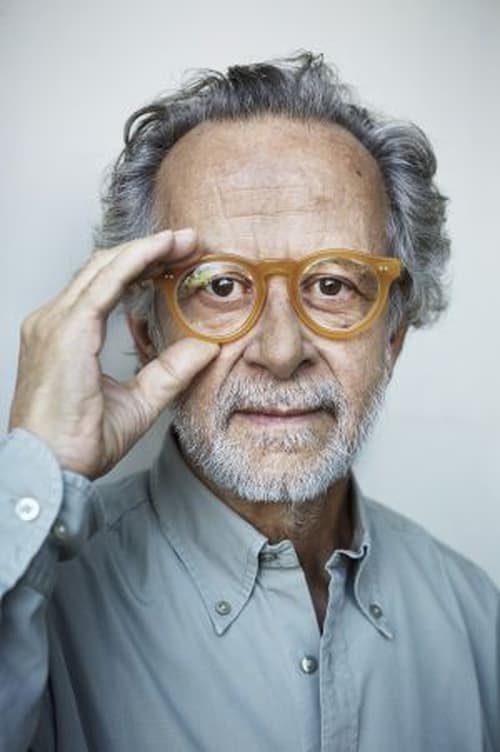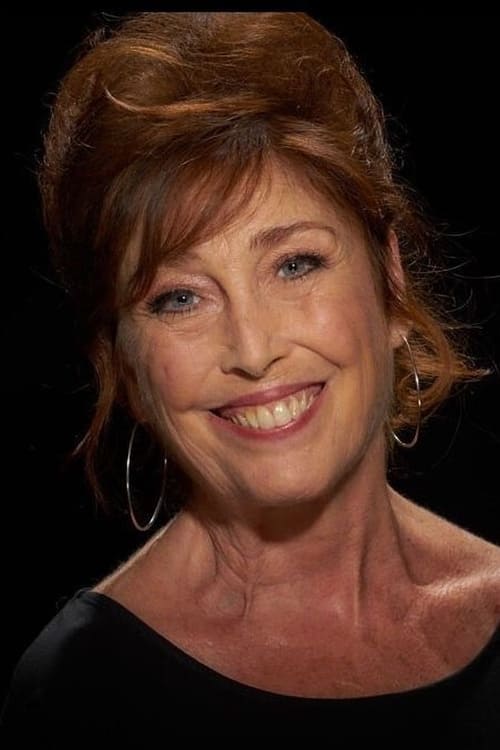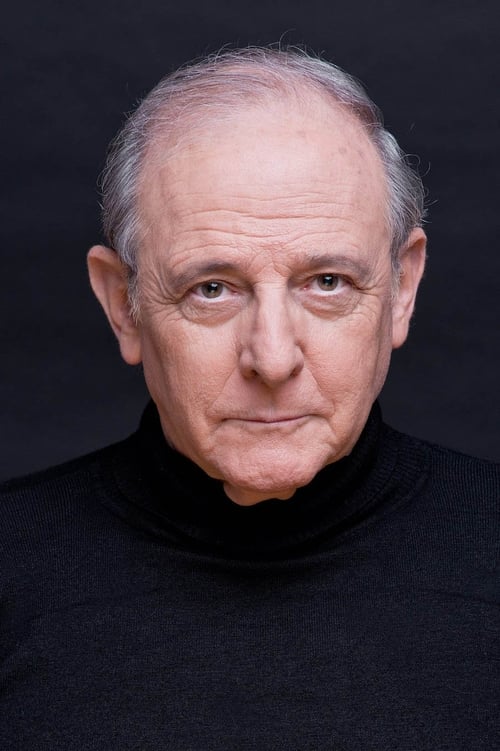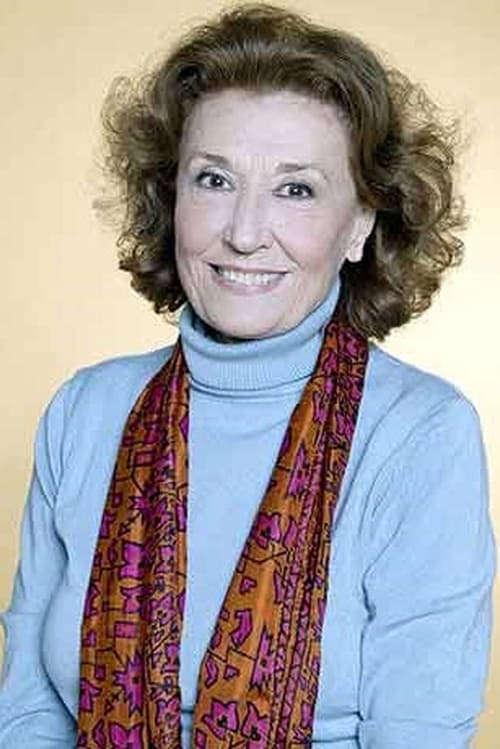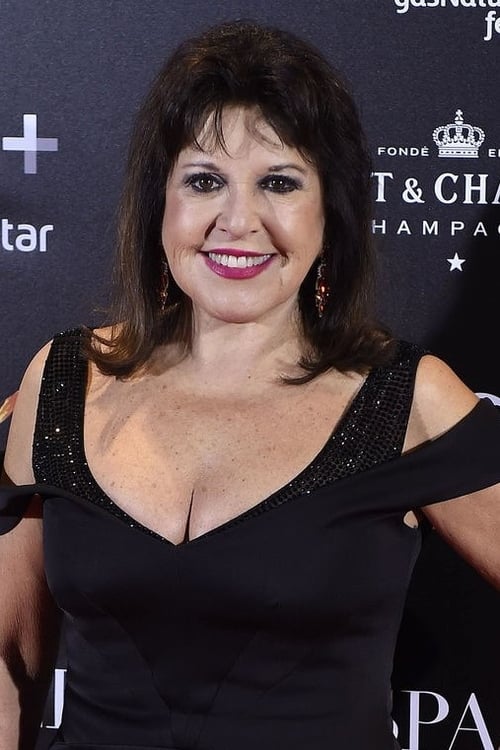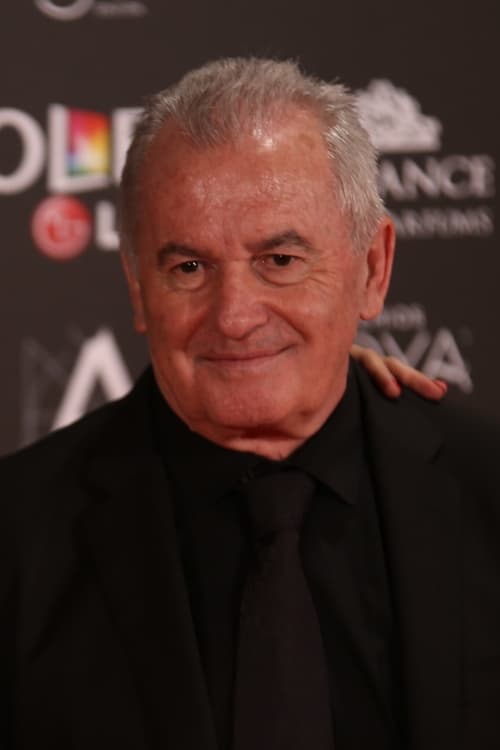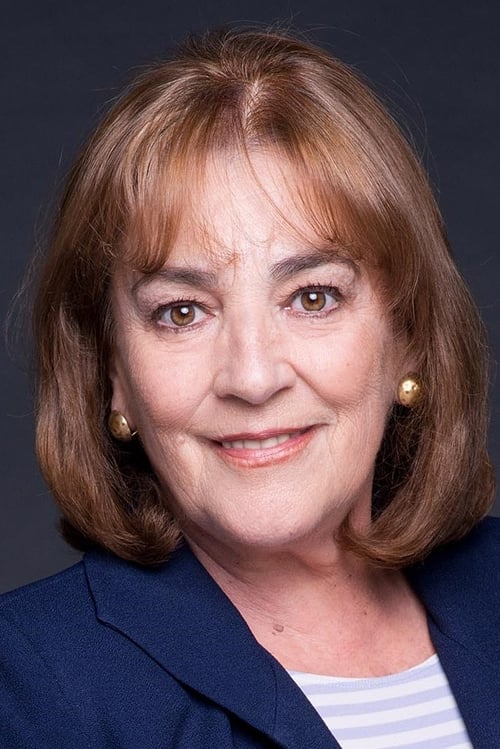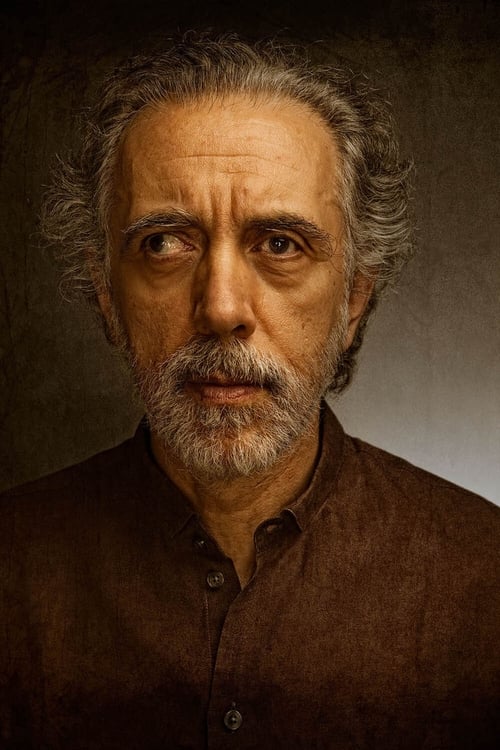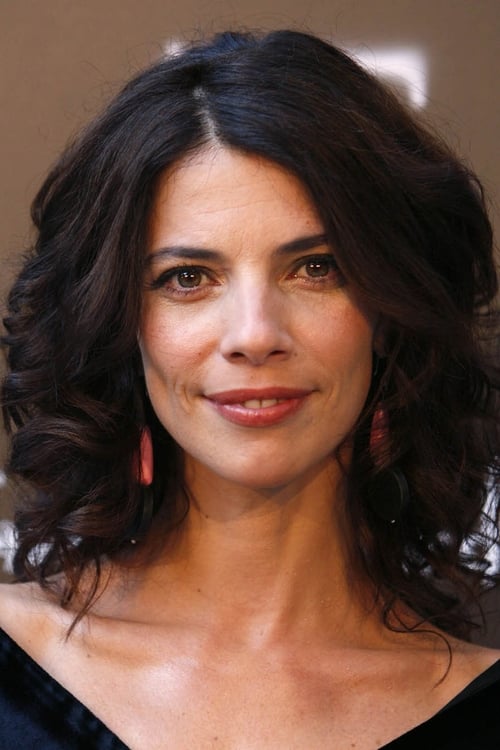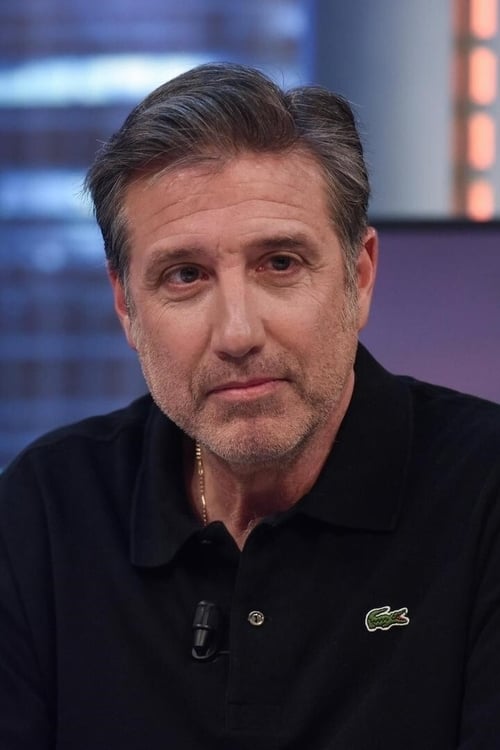Stories of Our Cinema (2019)
Genre : Documentary
Runtime : 2H 0M
Director : Antonio Resines, Ana Pérez-Lorente
Synopsis
In Spain, on May 11, 1896, at the Price circus, the first moving images ever shown in the country are projected. From that event, the Spanish actor Antonio Resines intends to compile a series of anecdotes to shape the amazing history of Spanish cinema, holding several conversations with prominent figures of the Spanish film industry.
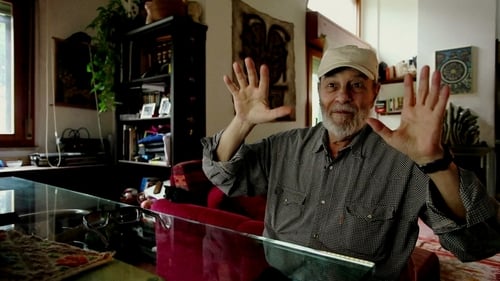
Italy, 1970. An increasing legion of harmless warriors begins a peaceful struggle for sexual freedom through pornography, shaking and shocking religious authorities and conservative political institutions. They are ironic, happy, crazy. They are dreamers, defenders of definitive communion between body and soul. But they were censored and humiliated. They were mistreated and arrested for demanding loud a new cultural renaissance.
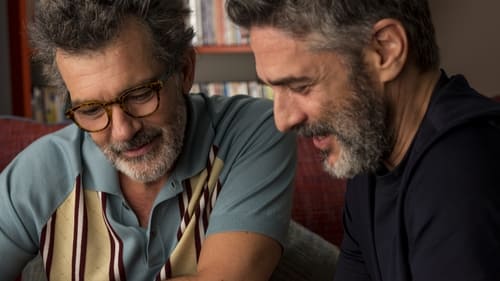
Salvador Mallo, a filmmaker in the twilight of his career, remembers his life: his mother, his lovers, the actors he worked with. The sixties in a small village in Valencia, the eighties in Madrid, the present, when he feels an immeasurable emptiness, facing his mortality, the incapability of continuing filming, the impossibility of separating creation from his own life. The need of narrating his past can be his salvation.
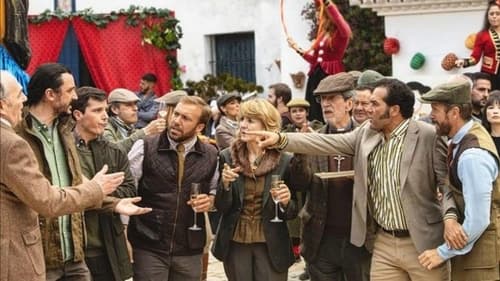
Rafi sneaks into the Marchioness's hunt, which brings together all the Spanish high society, to sell them his business. He and Fali will discover that hunting is not what it seems, and that the future of Spain is being decided on the farm.
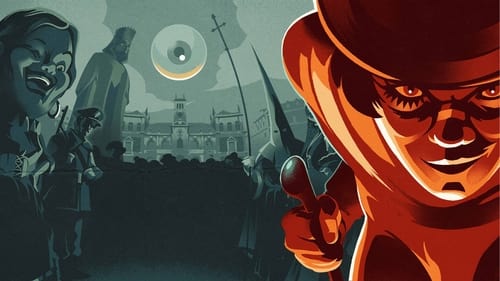
Spain, 1970s. A Clockwork Orange, a film considered by critics and audiences as one of the best works in the history of cinema, directed by Stanley Kubrick and released in 1971, was banned by the strict Franco government. However, the film was finally premiered, without going through censorship, during the 20th edition of the Seminci, the Valladolid Film Festival, on April 24, 1975. How was this possible?
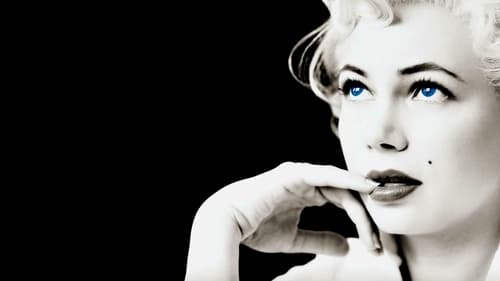
London, 1956. Genius actor and film director Laurence Olivier is about to begin the shooting of his upcoming movie, premiered in 1957 as The Prince and the Showgirl, starring Marilyn Monroe. Young Colin Clark, who dreams on having a career in movie business, manages to get a job on the set as third assistant director.
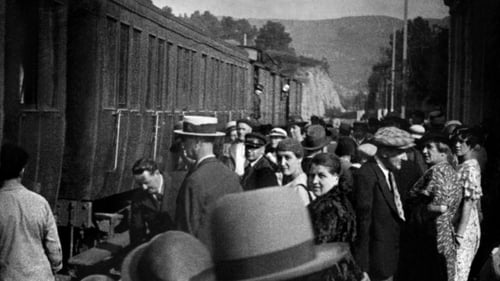
Likely in June 1897, a group of people are standing along the platform of a railway station in La Ciotat, waiting for a train. One is seen coming, at some distance, and eventually stops at the platform. Doors of the railway-cars open and attendants help passengers off and on. Popular legend has it that, when this film was shown, the first-night audience fled the café in terror, fearing being run over by the "approaching" train. This legend has since been identified as promotional embellishment, though there is evidence to suggest that people were astounded at the capabilities of the Lumières' cinématographe.
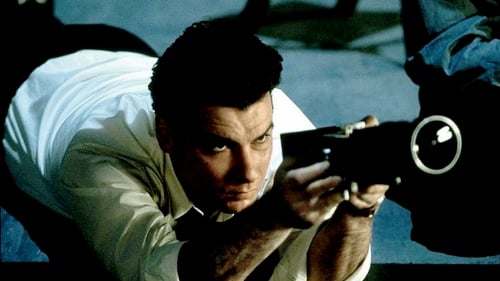
In 1939, boy-wonder Orson Welles leaves New York, where he has succeeded in radio and theater, and, hired by RKO Pictures, moves to Hollywood with the purpose of making his first film.

A group of college students, led by Claudia, decide to investigate a local tower that has figured prominently in disturbing reoccurring dreams Claudia has been having. They are suspended from school for their antics, but Claudia learns from one of the female staff members that the person in the dream is a student who killed herself years before and that the headmistress has seen her ghost.

Deep Throat, a pornographic film directed by Gerard Damiano, a film-loving hairdresser, and starring Linda Lovelace, a shy girl manipulated by a controlling husband, was released in 1972 and divided audiences, who began to talk openly about sex, desire and female pleasure; but also about violence and abuse; and about pornography, until then an almost clandestine industry, as a revolutionary cultural phenomenon.

A hilarious introduction, using as examples some of the best films ever made, to some of Slovenian philosopher and psychoanalyst Slavoj Žižek's most exciting ideas on personal subjectivity, fantasy and reality, desire and sexuality.
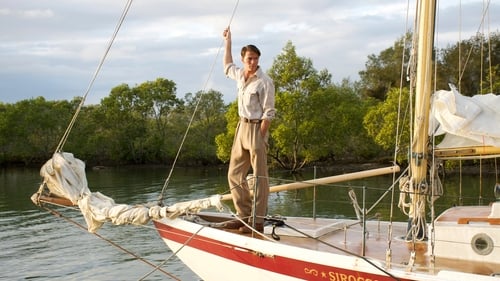
A mostly true account of future Hollywood star Errol Flynn's sea adventures in the early thirties, sailing from Australia to Papua in search of gold, along with his best friend Rex, a former Canadian smuggler; Dook, a handy English gentleman; and Charlie, a grumpy old sailor.
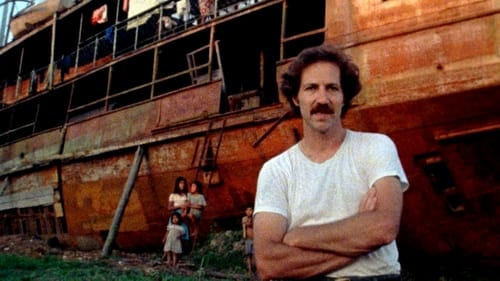
The Amazon rain forest, 1979. The crew of Fitzcarraldo (1982), a film directed by German director Werner Herzog, soon finds itself with problems related to casting, tribal struggles and accidents, among many other setbacks; but nothing compared to dragging a huge steamboat up a mountain, while Herzog embraces the path of a certain madness to make his vision come true.
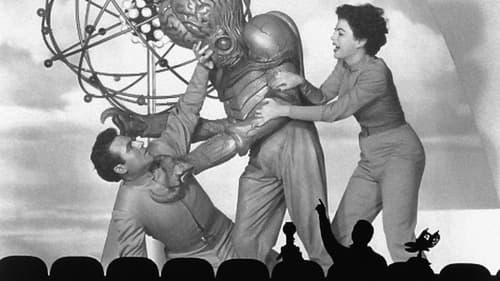
The mad and evil scientist, Dr. Clayton Forrester, has created an evil little scheme that is bound to give him world global domination but first things first. He plans to torment Mike Nelson and the robots by sending them a real stinker of a film to watch called, "This Island Earth." He is convinced that this movie will drive them insane. Will this be the ultimate cheese that breaks the boys' spirits?
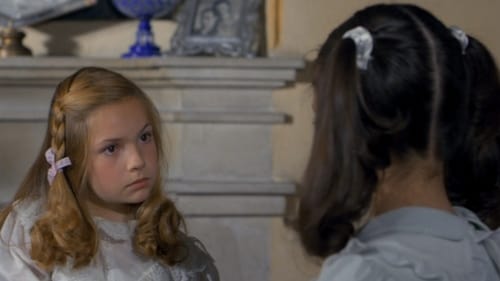
In 1965 Mexico City, Flavia, a wealthy yet lonely schoolgirl, befriends Veronica, a young orphan girl who has a fascination with witchcraft. Veronica convinces Flavia that she is a real witch and forces her to be her assistant. The children's games gradually become more serious and Veronica demands more from Flavia.
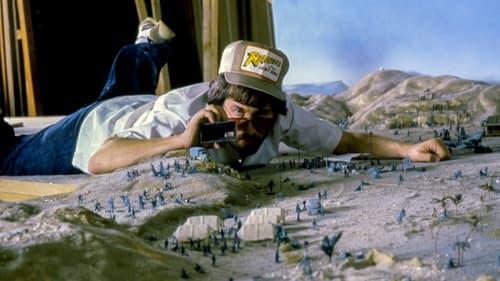
Hawaii, May 1977. After the success of Star Wars, George Lucas and Steven Spielberg meet to find a new project to work on together, the former as producer, the latter as director. The story of how the charismatic archaeologist Indiana Jones was born and how his first adventure, released in 1981, triumphed at box offices around the world.
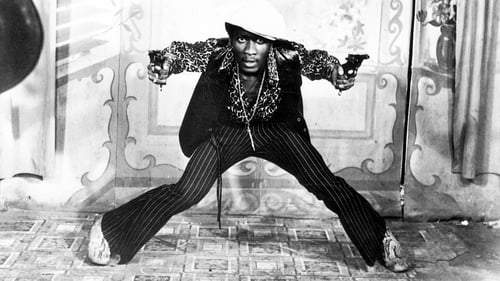
Ivanhoe Martin arrives in Kingston, Jamaica, looking for work and, after some initial struggles, lands a recording contract as a reggae singer. He records his first song, "The Harder They Come," but after a bitter dispute with a manipulative producer named Hilton, soon finds himself resorting to petty crime in order to pay the bills. He deals marijuana, kills some abusive cops and earns local folk hero status. Meanwhile, his record is topping the charts.
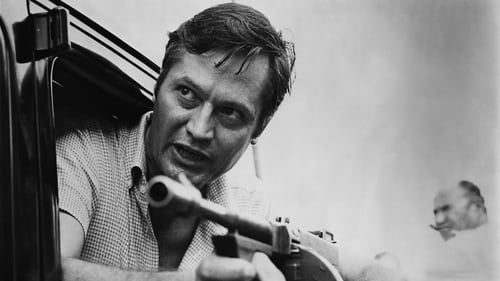
A chronicle of the long career of American filmmaker Roger Corman, the most tenacious and ingenious low-budget producer and director in the US film industry, a pioneer of independent filmmaking and discoverer of new talent.
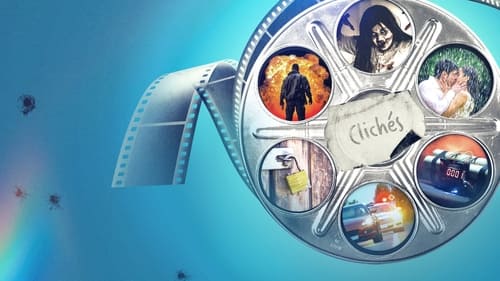
Movie stars and members of the film industry make fun of several narrative and visual clichés that are as shocking and aesthetic as they are often truly ridiculous.
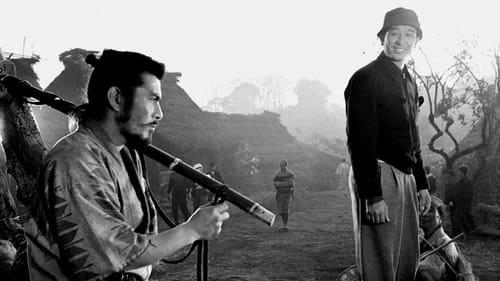
An account of the life and work of legendary Japanese actor Toshirō Mifune (1920-97), the most prominent actor of the Golden Age of Japanese cinema.
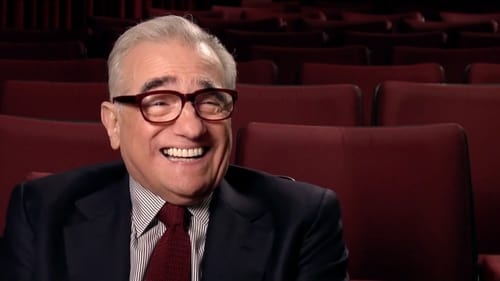
In the sixties, Swedish filmmaker Ingmar Bergman (1918-2007) built a house on the remote island of Fårö, located in the Baltic Sea, left Stockholm and went to live there. When he died, the house was preserved. A group of very special cinephiles, came from all over the world, travel to Fårö in search of the genius and his legacy. (An abridged version of Bergmans video, 2012.)
